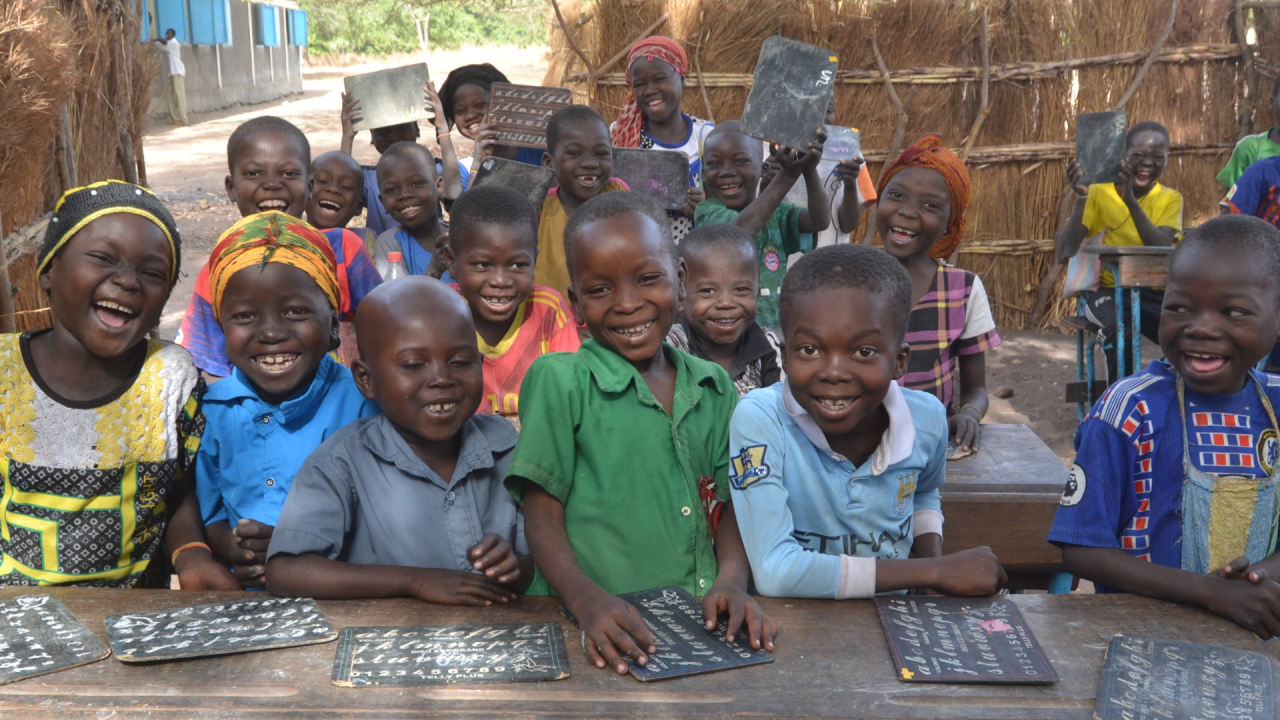Event Highlights: Table-ronde - « Investissons dans l’éducation de base pour promouvoir une société en paix ! » le 26 juin
On June 26, 2025, Enfants du Monde hosted a public roundtable in Geneva to drive home a clear message: investing in basic education in fragile contexts is a strategic investment in peace. The discussion brought together field experts, researchers, and donors to unpack what this means in practice, and why it matters now.
Despite being one of the most effective tools for long-term peace, basic education remains critically underfunded, especially in regions affected by conflict and fragility. As international aid budgets shrink and priorities shift, education is often sidelined in favor of short-term emergency response. This roundtable was a call to refocus, to recognize education not as a cost, but as a foundation for resilient, just, and peaceful societies.
A diverse Panel of Perspectives
Moderated by Myriam Gallio (Deputy Secretary General of Enfants du Monde), the roundtable brought together:
- Miren A. Bengoa, Director of the Chaîne du Bonheur
- Koumbou Boly Barry, former UN Special Rapporteur on the Right to Education and former Minister of Education of Burkina Faso
- Moira Faul, Executive Director of NORRAG and researcher at the Geneva Graduate Institute
- Conrad Hughes, Director General of the International School of Geneva and UNESCO Senior Fellow
- Ouoba Simané, Education Programme Officer at Enfants du Monde, Burkina Faso
Education as a Peacebuilding Tool
The speakers made one thing clear: education can either reduce tensions or deepen divisions. When schools close in crisis zones, it’s not just access to learning that disappears, it creates space for recruitment into armed groups.
“Educated children who dream of becoming doctors or teachers don’t join armed groups for crumbs.” — Simané Ouoba, Enfants du Monde, Burkina Faso
His testimony was a sharp reminder: education is protection. It builds resilience, creates opportunity, and strengthens social cohesion, but only if it is locally adapted, inclusive, and properly funded.
NORRAG’s contribution
Moira Faul, NORRAG’s executive director, contributed to the roundtable’s message with a few insights. NORRAG plays a strategic role in fostering critical reflection on international education policy, particularly around the underexplored link between basic education and social peace. While foundational learning is essential, empirical evidence at the macro level remains sparse, and peace-promoting education is often treated as peripheral in policy circles. Current education policies tend to follow national priorities, often focusing more on conflict and security than on systemic approaches to peacebuilding. NORRAG advocates for a nexus approach that integrates peace systematically into curricula, pedagogy, teacher training, and governance, with strong local engagement and coordination between ministries and donors. Despite proven micro-level impacts—such as Social Emotional Learning (SEL) programs improving academic outcomes and reducing violence—education can also be a tool for division, as seen in colonial legacies. Effective and equitable financing, including domestic resource mobilisation, tax reform, and innovative mechanisms like debt swaps, is essential to shift from quantity to quality in education investment. Ultimately, education must be recognised as both a fundamental right and a key enabler of all Sustainable Development Goals (SDGs).
What the Roundtable Revealed
- Basic education is not neutral. It can foster peace, or reinforce injustice.
- Inclusive, multilingual, and gender-sensitive pedagogies are concrete toolsto build tolerance and dialogue.
- Curriculum reform is essential,decolonized, contextualized, and rooted in local knowledge and values.
- Donor approaches must shift from short-term humanitarian logic to long-term, systemic investment.
What’s Next?
As traditional donors continue to step back, Enfants du Monde is calling for stronger, more strategic engagementfrom foundations, private actors, and public partners.
The evidence is there. The approaches are tested.
Now is the time to scale them.
Because one thing is certain: there can be no lasting peace without inclusive, quality education.

